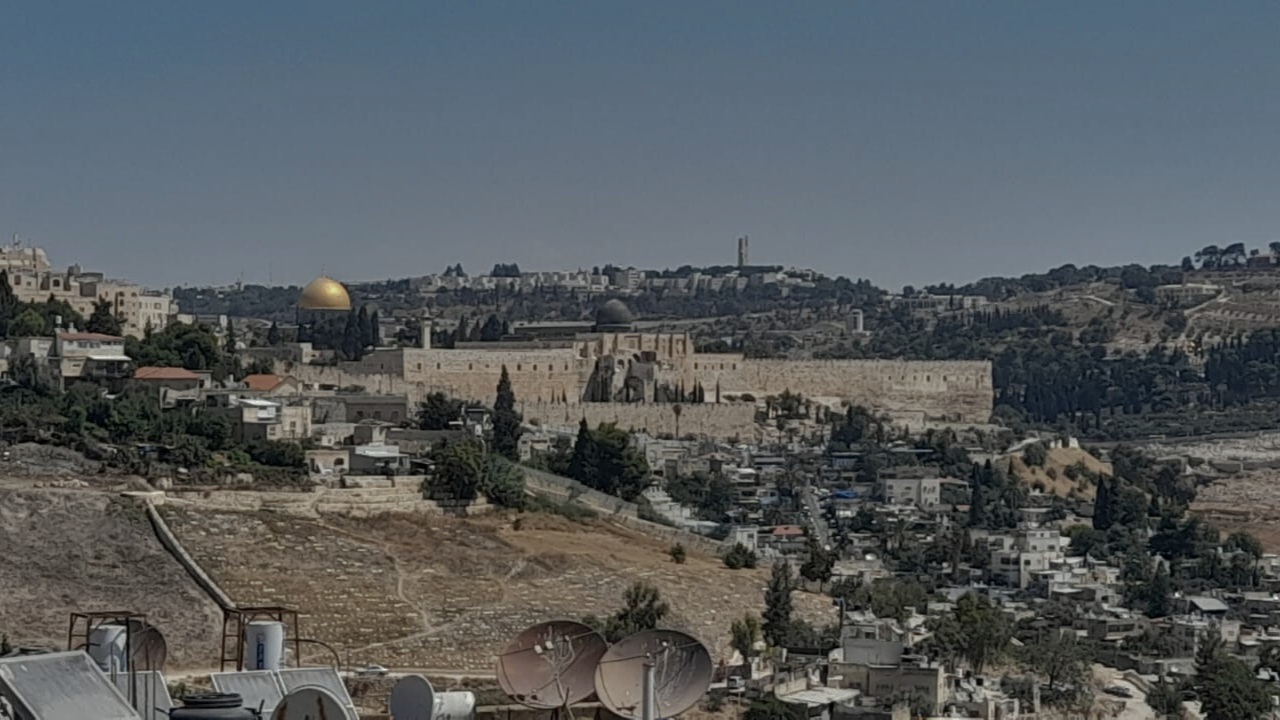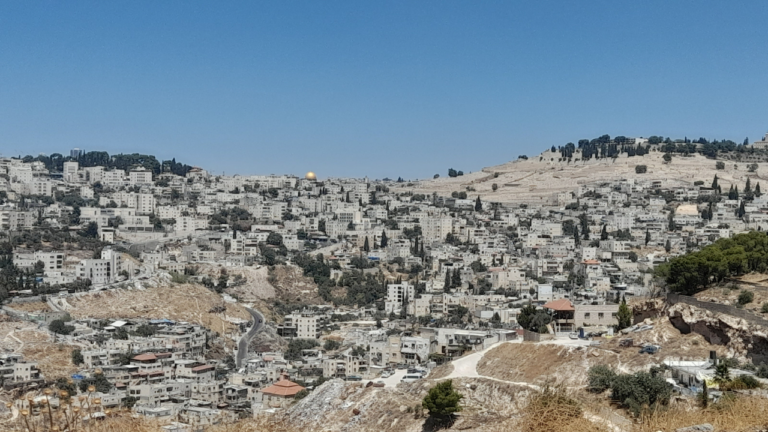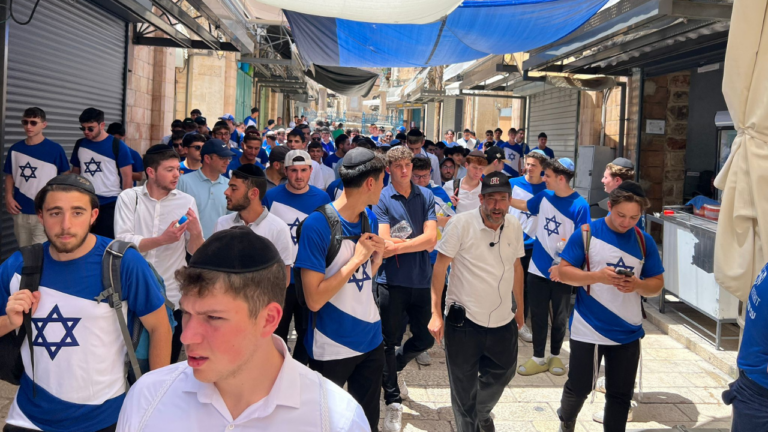The Return to God’s Table
There are two ways for us to serve God: as slaves and as children. In multiple places the Torah declares that we are the slaves of God: “they are My slaves for I took them out of Egypt.” In our parsha, however, the Torah emphasizes that, in addition, we are also God’s children: “You are children of Hashem your God.” We are both fear-filled slaves as well as beloved children.
While both of these modalities are necessary, they shift regarding emphasis and dominance over the course of history. Rav Dov Kook cites the Talmud refers to the Jewish people going into exile as “children who were banished from their parents’ table.” Accordingly, when we are in exile the aspect of our servitude gains dominance and our service of God is permeated with a sense of fear. In the Land of Israel, however, we are back at God’s table and can relate to Him primarily as a child.
Rav Dov Kook explains that this idea is part and parcel of our daily prayers for Yerushalayim. We do not simply pray for God to rebuild our capital city. Rather, we pray for God to return to Yerushalayim. Even if Yerushalayim is filled with Jews who have finally returned after millennia of wandering, nonetheless, this is not sufficient. Our ultimate goal is to rekindle our relationship with God by having both us and Him return to Yerushalayim. Then, we will once again truly be children who have returned to the table of our parent.
This idea explains the significance of our time of year. Rav Yisrael Salanter is reported to have said that one could rise in levels of closeness to God on Tisha B’Av just as much as on Yom Kippur. Truly understanding the depths of the destruction of Yerushalayim and strongly desiring its rebuilding is identical with developing a passion for reconnecting with God. We found ourselves in the middle of the sheva de-nechemta – the seven haftorot of consolation. Each haftorah is a beautiful ode to the return of the Jewish people to the Land of Israel that we are currently experiencing. Studying these stirring prophecies can help rekindle our desire to be as close to God as a child to his parent. In addition to being independently important, this focus on our relationship with God is the perfect bridge between Tisha B’Av and the High Holy Days that commence with the conclusion of this series of haftorot.



